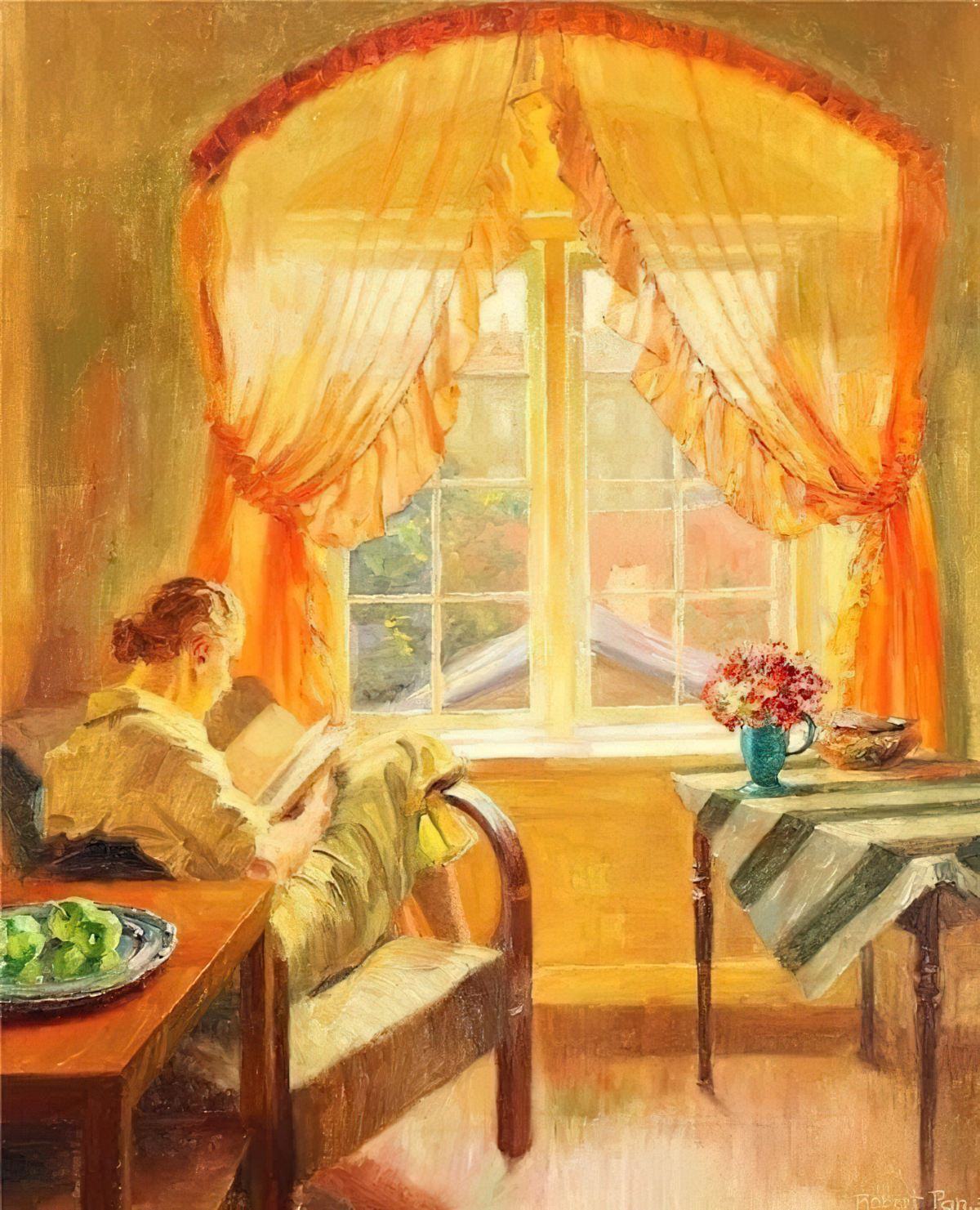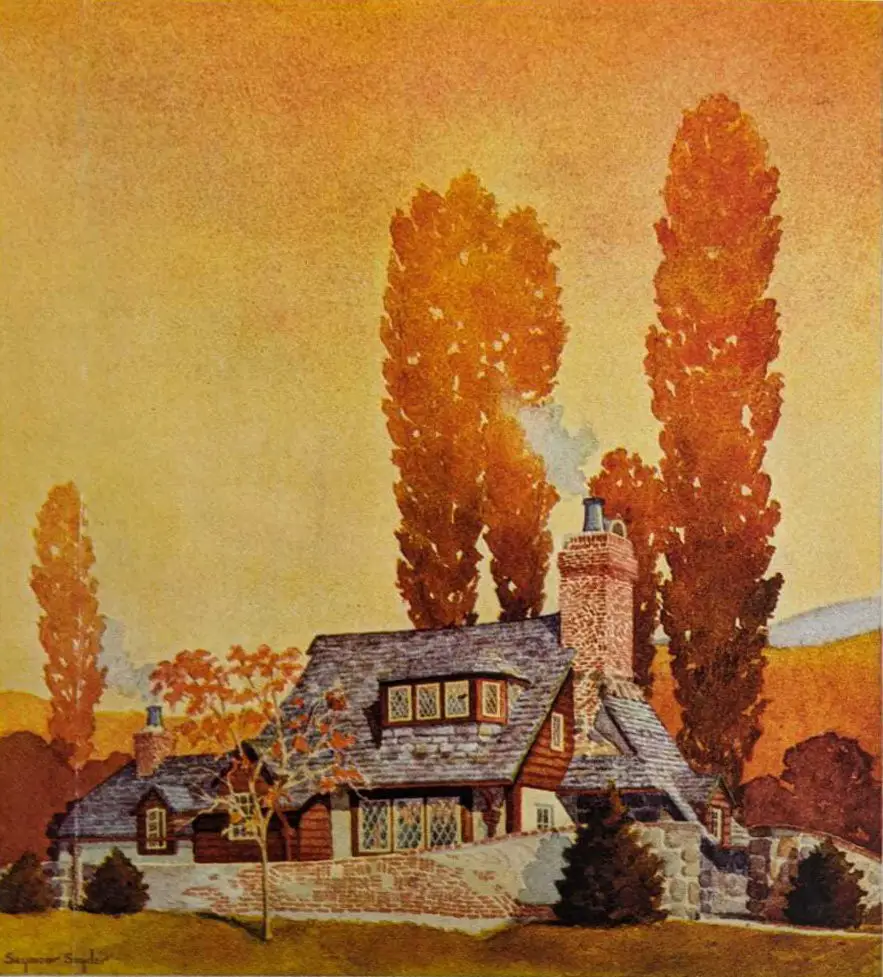-
Writing Activity: Describe a Bathroom
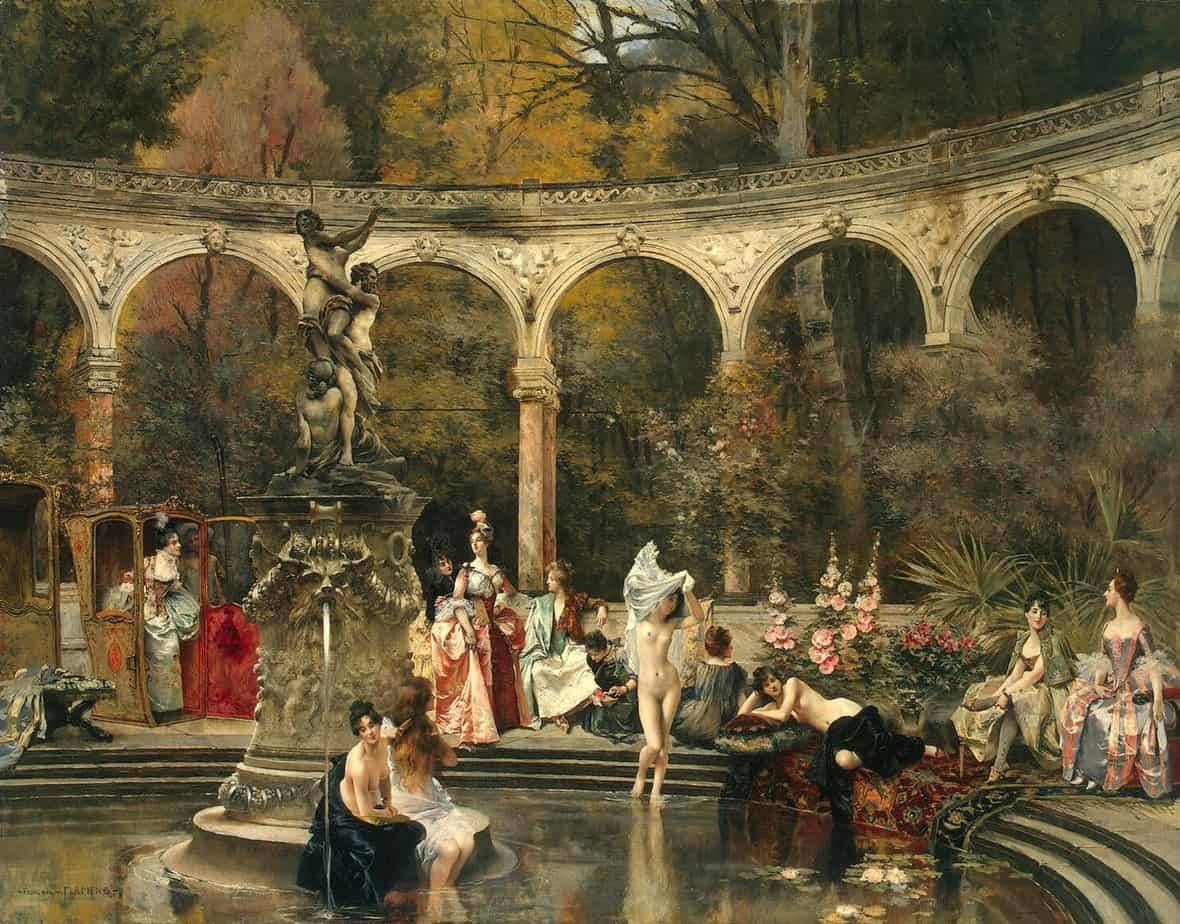
Maurice Lobre – Cabinette de toilette de Jacques-Emile Blanche 1888
-
Cutaway Houses In Picture Books
Cutaway illustrations are described by engineers and architects as ‘sectional axonometric’ drawings. They exist to show the viewer the inside of an object, with emphasis on its parts. In picture books for children, the cutaway illustration is quite often educational in its intent, for example to show the reader the inside of an object of
-
Chimneys In Art And Storytelling
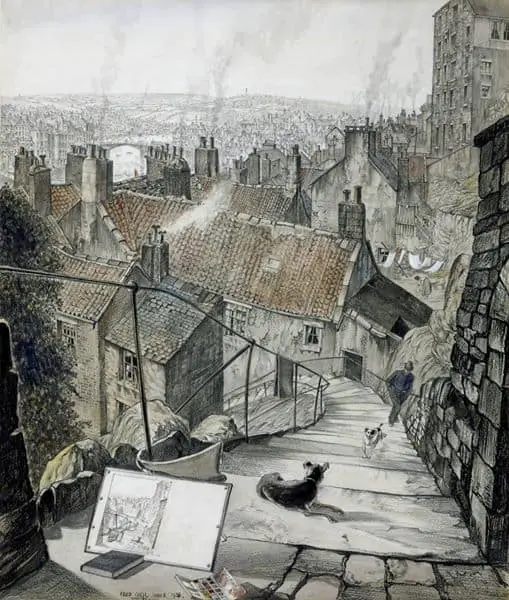
The chimney is a multivalent symbol in storytelling. Chimneys can be cosy and welcoming. A column of smoke rose thin and straight from the cabin chimney. The smoke was blue where it left the red of the clay. It trailed into the blue of the April sky and was no longer blue but gray. The
-
Castles In Art and Storytelling

The castle is a feature of Gothic storytelling, and commonly makes appearances in ghost stories of all kinds. Dragons and castles also go together. As kids my friends and I played King of the Castle. There’s not much to it. We used a pile of dirt, left by some builders. One person climbs to the
-
A Brief History of Home Lighting
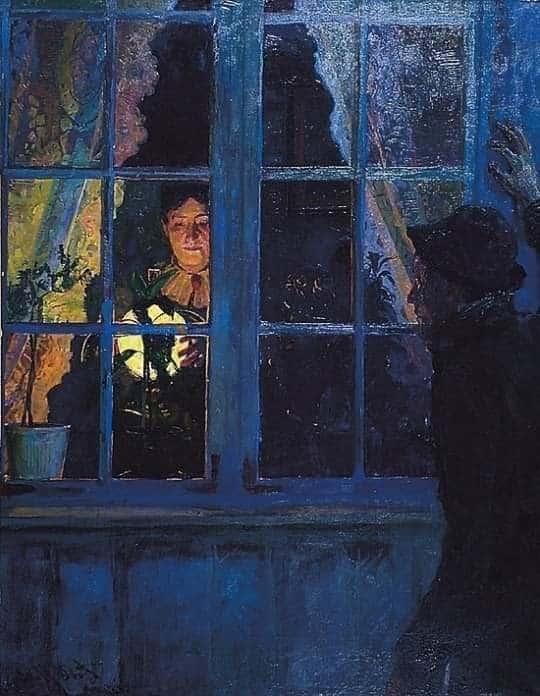
With the invention of electric light human lives changed suddenly. This change was reflected immediately in art, first by the Impressionists. Impressionist painters were the first to enjoy the freedom of painting without reliance upon the sun, in plein air. Artists from the 1960s to today use light sources to express ideas, concepts and to
-
The Symbolic Basement In Fiction
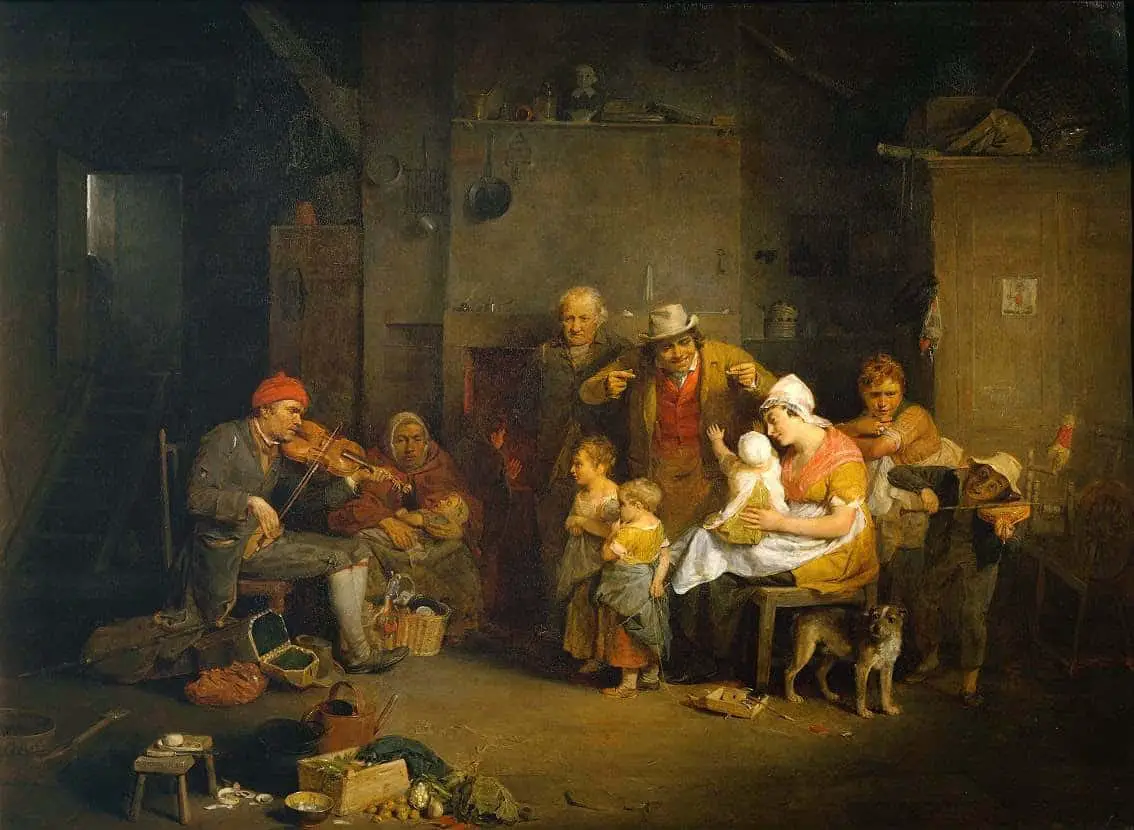
In Gaston Bachelard’s Symbolic Dream House, you probably shouldn’t go down to the basement, ever. I mean it. Nothing good ever happens down there. The basement is the house version of a fairytale forest — a descent into the subconscious. We can’t control our subconscious. That’s what makes it scary. EXAMPLE ONE: BASEMENTS AND BEREAVEMENT
-
The Scary Kitchen in Children’s Stories
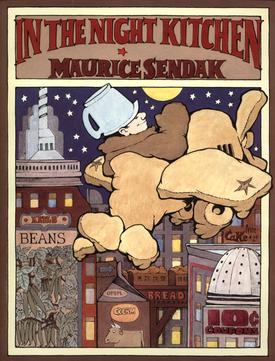
Most often, kitchens in children’s literature serve as metonyms of familial happiness, but every so often you do find a scary kitchen in which not all is well. The kitchen is the perfect place for a scary scene because it is at once close to home (in fact the hub of the home) and contains
-
There’s A Sea In My Bedroom by Margaret Wild Analysis
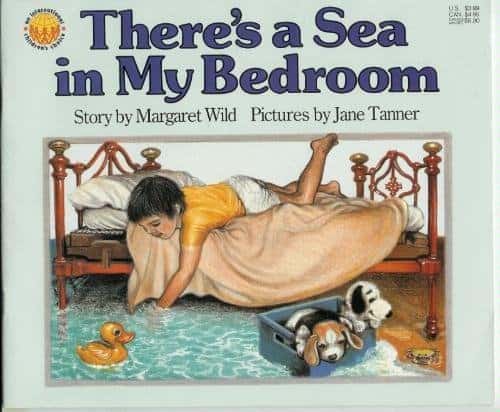
There’s A Sea In My Bedroom (1984) is a classic Australian picture book, written by Margaret Wild and illustrated in realistic fantasy style by Jane Tanner.
-
Writing Activity: Describe A Living Room
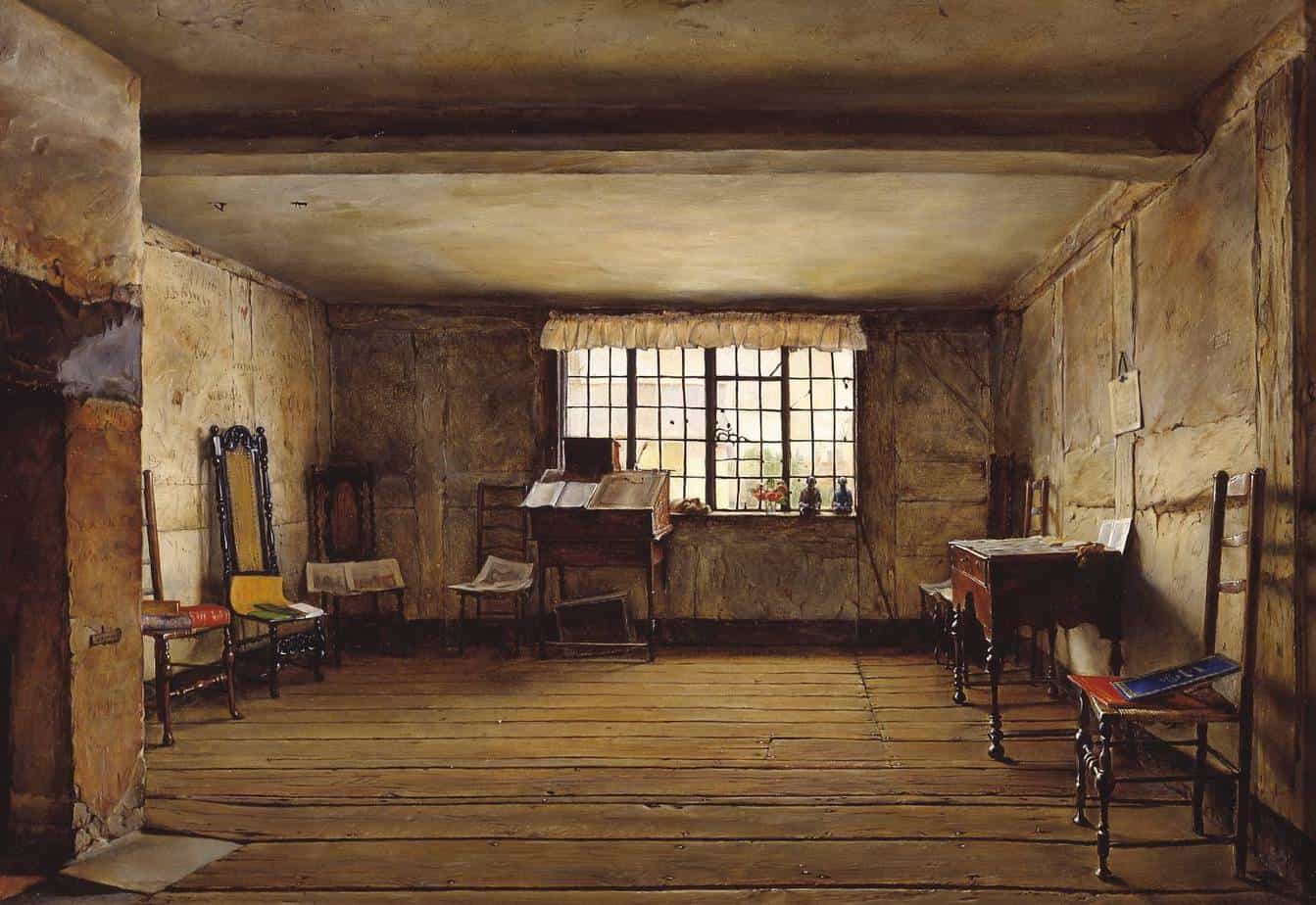
As a writing exercise, describe your own living room, or the living room of someone you know. For inspiration, I offer the following examples from literature. EXAMPLE OF A LIVING ROOM DESCRIBED BY DAPHNE DU MAURIER We were all sitting in the long, low room at Farthings, darker than usual because of the rain. The
-
The Wolves In The Walls by Neil Gaiman and Dave McKean Analysis
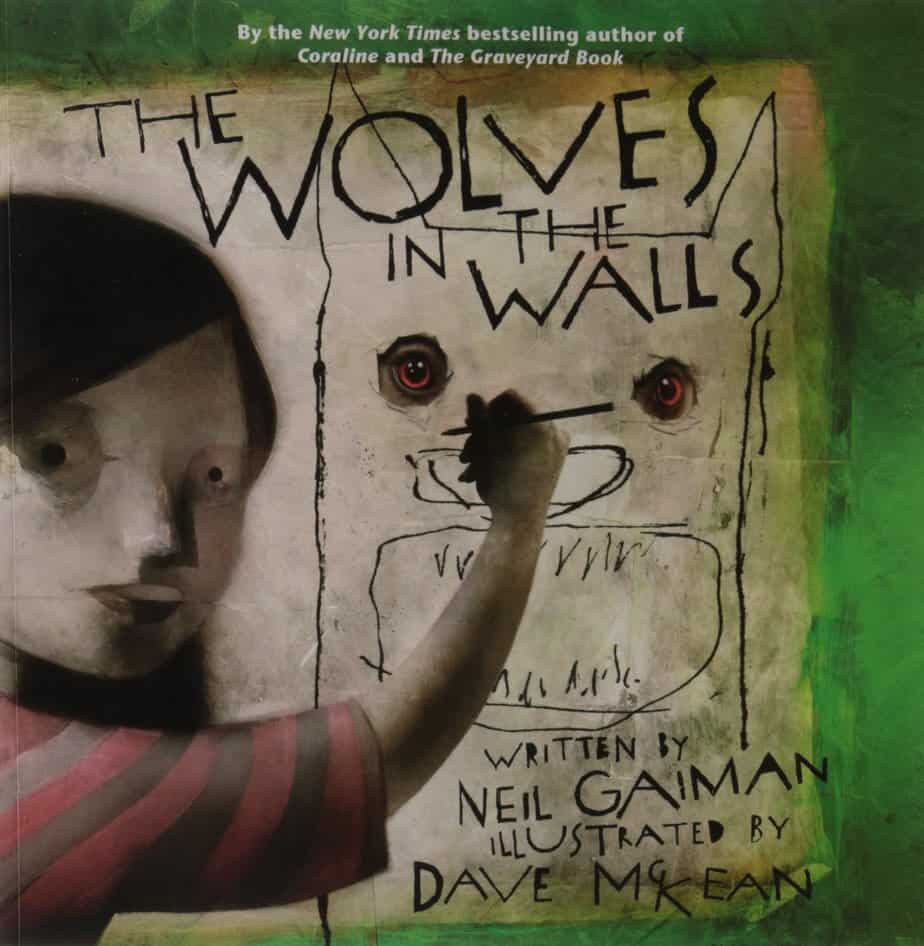
**UPDATE LATE 2024** Neil Gaiman is an abuser. If this is news to you and you’re skeptical, here is a link roundup. Tortoise was the first (semi) mainstream outlet to give voice to one of Gaiman’s victims. Unfortunately, Tortoise is funded and owned by a notorious anti-trans bigot, so even though I listened to the
-
Kitchens As Metonyms For Familial Happiness In Literature
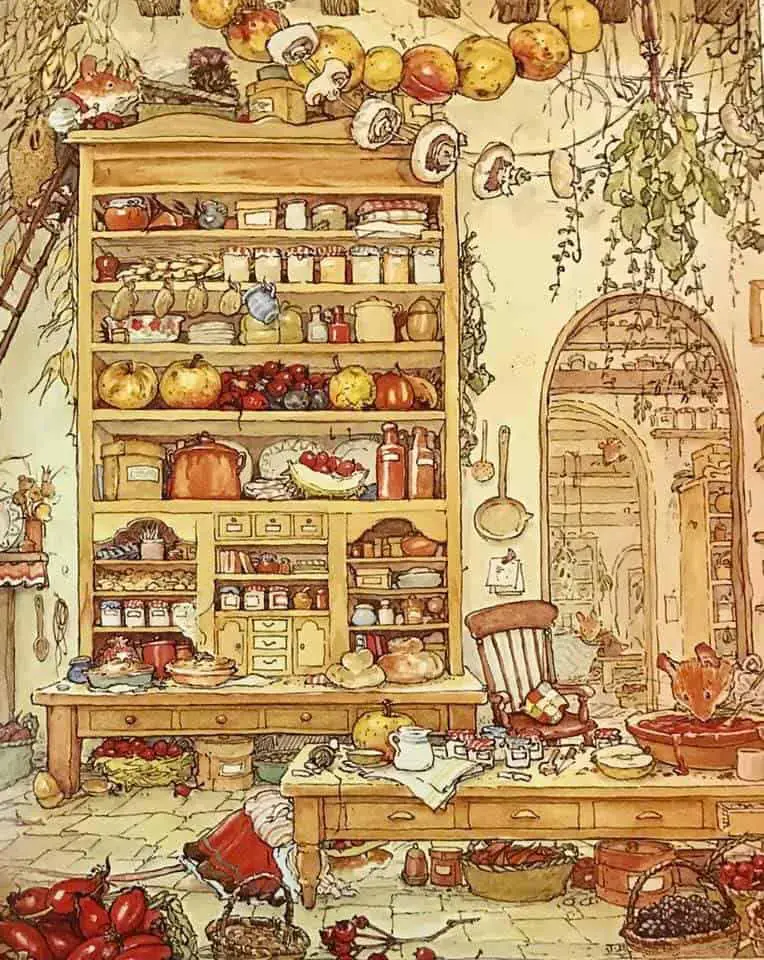
A warm, safe, lighted place.Hepzobah’s kitchen was always like that, and not only that evening. Coming I to it was like coming home on a bitter cold day to a bright, leaping fire. It was like the smell of bacon when you were hungry, loving arms when you were lonely; safety when you were scared….
-
Walking, Floating, Creeping Houses

Included in the definition of ‘home’ is the idea of a stable, secure structure… which doesn’t get up and move! The concept of home is especially important in children’s stories, which explains the popularity of the home-away-home structure: Child leaves home, has a little adventure, then returns to security. The young reader falls into slumber,
